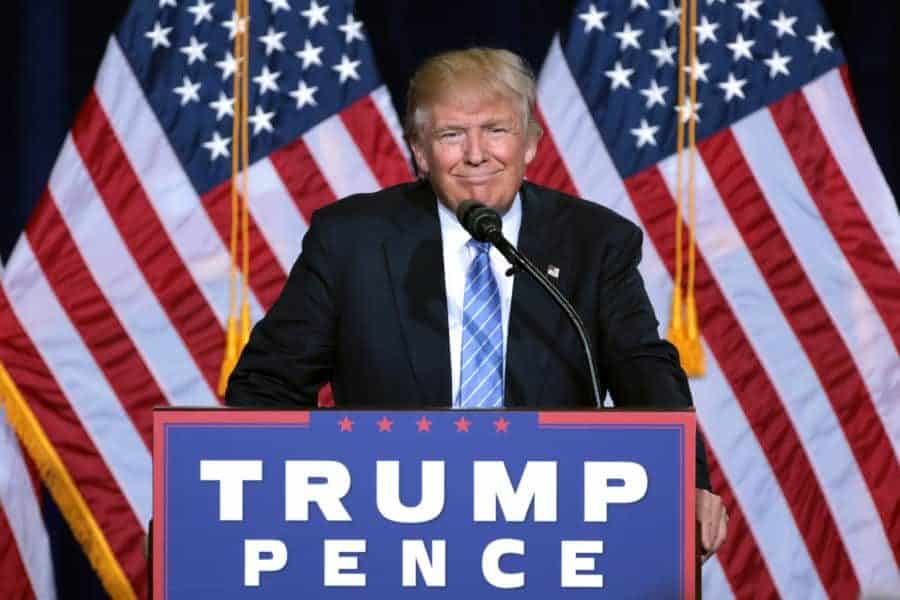Americans’ reliance on facts to discuss public issues has declined significantly in the past two decades, leading to political paralysis and collapse of civil discourse, according to a RAND Corporation report.
This phenomenon, referred to as “Truth Decay,” is defined by increasing disagreement about facts, a blurring between opinion and fact, an increase in the relative volume of opinion and personal experience over fact, and declining trust in formerly respected sources of factual information.
While there is evidence of similar phenomena in earlier eras in U.S. history, the current manifestation of Truth Decay is exacerbated by changes in the ways Americans consume information – particularly via social media and cable news. Other influences that may make Truth Decay more intense today include political, economic and social polarization that segment and divide the citizenry, the study finds.
These factors lead to Truth Decay’s damaging consequences, such as political paralysis and uncertainty in national policy, which incur real costs. The government shutdown of 2013, which lasted 16 days, resulted in a $20 billion loss to the U.S. economy, according to estimates cited in the study.
In exploring past periods in U.S. history that resemble Truth Decay, researchers focused on three with similar hallmarks: the 1880s-1890s (rapid industrialization and economic inequality), 1920s-1930s (mistrust of banks and financial institutions) and 1960s-1970s (social upheaval, Vietnam War). Improved government transparency backed by changes in policy and a resurgence of responsible, investigative journalism marked the ends of some of these times, researchers found.
“Although we see some evidence that previous eras also experienced a decline in trust in institutions, this trend seems to be more pronounced now than in the past,” said Michael D. Rich, co-author of the report and president and CEO of the nonprofit, nonpartisan RAND Corporation. “Today we see that lack of trust across many more pillars of society – in government, media and financial institutions – and a far lower absolute level of trust in these institutions than before.”
Researchers also identify Truth Decay’s four causes: humans’ natural mental habits, changes in the American information ecosystem, competing demands on the educational system that limit its ability to keep up with changes in that information ecosystem, and political, sociodemographic and economic polarization.
The study cites the immigration debate as a present-day example of the erosion of civil discourse. Without agreement on a common set of facts about the number of immigrants entering the U.S., their economic costs and contributions, and the amount of crime they do or do not commit, it becomes difficult to have important policy debates and come to policy solutions.
“Increasingly, important policy debates are as likely to hinge on opinion or anecdote as they are on objective facts or rigorous analysis,” said RAND political scientist and report co-author Jennifer Kavanagh. “However, policy decisions made mostly on the basis of opinion or anecdote – when more rigorous information is available or can be developed – can have deleterious effects on American democracy.”
Funding for the report, “Truth Decay: An Initial Exploration of the Diminishing Role of Facts and Analysis in American Public Life,” was provided by gifts from RAND supporters and income from operations.
“One of the reasons for tackling Truth Decay is that its four constituent trends might imperil RAND’s mission of helping to improve policy and decisionmaking through research and analysis,” Rich said. “Because we believe in and are committed to this mission, we hope that exploring Truth Decay and understanding its drivers and consequences will allow us to reduce any negative effects that these changes could have at the national and individual levels while continuing to pursue our institutional objectives.”
RAND researchers are continuing to analyze three Truth Decay-related trends in American life: the changing mix of opinion and objective reporting in journalism, the decline in public trust in major institutions, and initiatives to improve media literacy in light of “fake news.”
“We urge individuals and organizations to join with us in promoting the need for facts, data and analysis in civic and political discourse – and in American public life,” Rich said. “The challenge posed by Truth Decay is great, but the stakes are too high to permit inaction.”


